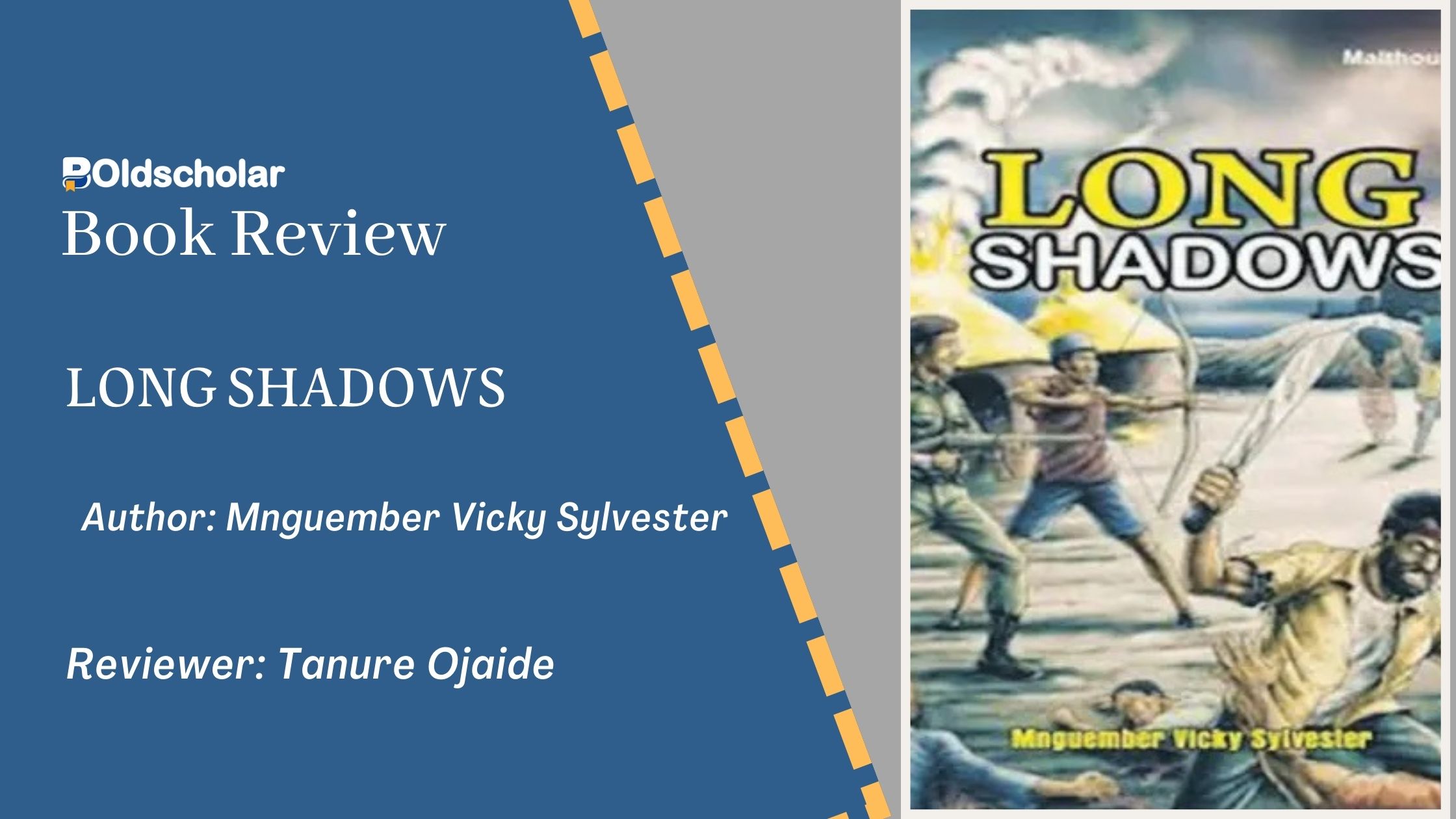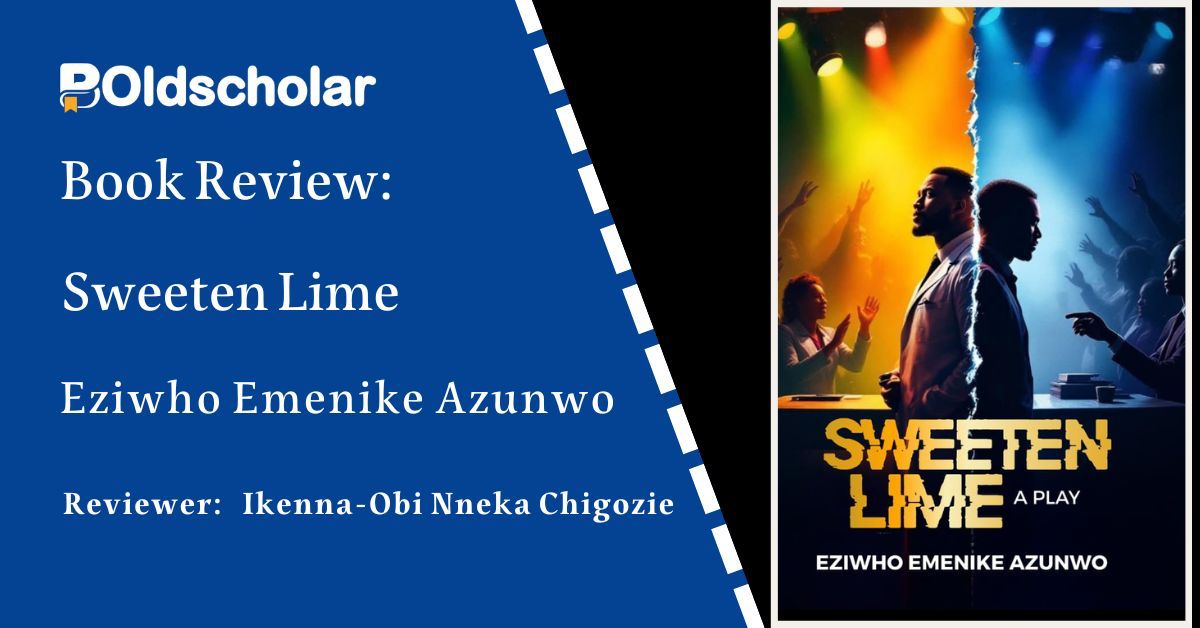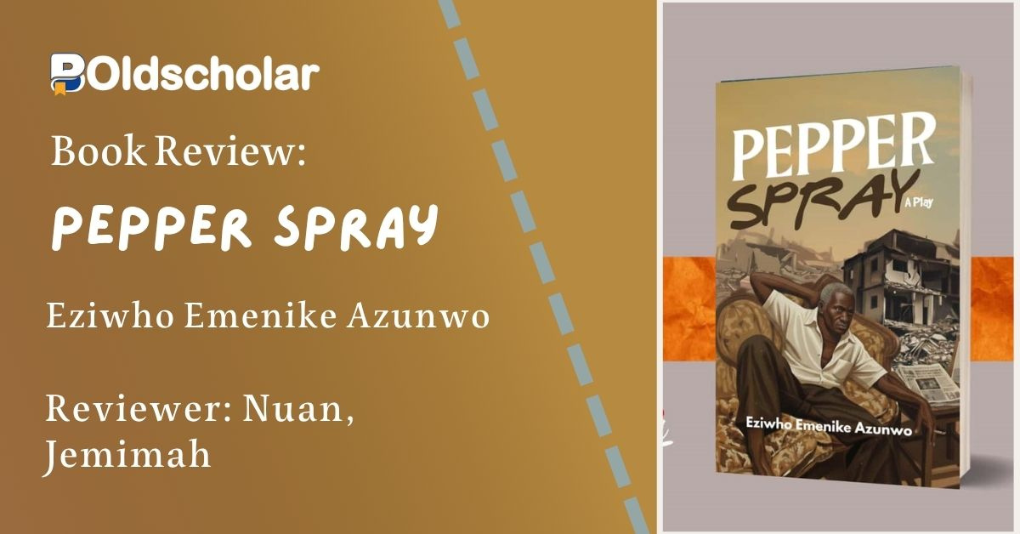Book Title: Long Shadows
Author: Mnguember Vicky Sylvester
Publisher: Malthouse, Lagos
Year published: 2014
Pages: 136
Reviewer: Tanure Ojaide, Ph.D., Frank Porter Graham Professor of Africana Studies and English, The University of North Carolina at Charlotte.
As a literary biographer, who had been writing short stories and poetry, it was an easy transition for Mnguember Vicky Sylvester to write a memorable historical novel based on the Tiv Uprising of the early 1960s following Nigeria’s political independence. In fact, Long Shadows encompasses the Tiv experience of interaction with the colonialists from WW I through WW II and later involvement in divisional and regional politics in the young Nigerian nation through the first military coup to the civil war that began in 1967 to its end in1970. Sylvester writes a hybrid novel, partly historical and partly fictional, which recounts the Tiv experience through the actions of characters reflecting some known figures such as Joseph ( Suswam) Tarka and others during the tumultuous period. With this novel Sylvester inscribes minority discourse into Nigerian/national and regional political experience. So often does one hear or read about what majority groups do in history but it is refreshing that here Sylvester does something different by registering in a compelling narrative mode not only Tiv resistance to oppression, discrimination, marginalization, and exploitation but also the search for plurality and fair governance in the regional dispensation of the time. The novel also proffers a vision of what other ethnic groups can imbibe from the Tiv experience for a free, fair, and just society.
Long Shadow begins in a captivating manner with resistance to the tax of two pounds and six shillings imposed on Tiv men, with the Damkor raiding and humiliating Tiv men, quite unlike in Makurdi and other areas where non-Tiv live and where the tax enforcement is not pursued with such vigor. While a tax to develop the area would have been a good thing, according to a leader like Suswam, they feel this tax was exploitative and discriminatory; hence the resistance, which further led to the highhanded local government police attack of Tiv villages. Suswam and other Tiv men also resist imposing a Tor Tiv on them from Kaduna as the NPC was trying to do. In one of such raids on a Tiv village, a Native Authority police attempts to rape Torkwase and she ingeniously kills him with an iron rod. The persecution of the Tiv intensified after the formation of the UMBC, a party of minority groups in Nigeria’s Middle Belt, as opposition to the NPC in the Northern Region. The UMBC, led by Suswam, allied with Chief Obafemi Awolowo’s Action Group, the predominant party in the Western Region. The new party focused on education of the young ones. Suswam gets elected to the Federal House of Representatives in Lagos but still gets involved in the local happenings in Tiv land. Tiv people were discriminated against and those who were openly with the opposition party were removed from their government jobs. The novel shows how long and deep-rooted discrimination against Tiv folks has been in the Northern Region. An instance of blatant discrimination happened when Tiv soldiers returning from war were not given a handshake like others but were given sticks that were taken from them. The Tiv also created a Suswam Brigade to counter the influence of the Sardauna Brigade.
The narrative later focuses on Jime, son of Hemba who has been discriminated against, and who belongs to the UMBC with others in the party, lost his regional government job. With the discrimination, exploitation, and oppression of Tivs at divisional and regional levels, Jime and others took the Tiv cause as an existential struggle they have to fight for. With many Tiv people being killed through attacks apparently organized by the Damkor and the Sardauna Brigade on Tiv towns, men and women mobilize to fight back. Feeling the safety of his family threatened, Jime flees to Jos and asks his wife, Ayima, and the children to join him later through a clandestine network assisted by a Catholic priest. Jime gets a job in Jos in the tin mines and later steals into Makurdi to take his wife and children from a secret rendezvous. By this time, Suswam was gravitating towards the NPC and lukewarm to Tiv matters because he wanted to enlarge his political base in the North so that he could vie for a national position. The story ends with the end of the civil war (1970) with many Tiv men joining the army and the sick Jime about to leave for England for treatment.
Long Shadows is a historiography of the Tiv people, their origin, and migration to their present abode. They are a people who cherish bravery and honor; hence they “die standing.” One of the most moving episodes in the novel is how Agbo, a Tiv clan head, was humiliated (75). The reader is forewarned that Agbo would soon join the ancestors. Then Agbo’s wife, Mnguhemen, prepares food with poisonous mushrooms for him to eat and die in sleep rather than leave him to hang himself (77-78). Vicky Sylvester graphically brings out the virtues of the Tiv people who had been maligned by others as thieves; rather they are hardworking and fearless folks who are innovative farmers that have devised a new method of yam storage by burying them instead of exposing them in barns. The topography of the area and its resources are described in detail. They produce cassava, yams, fruits, soy beans, beniseed, and tobacco, among others. One of their favorite foods is “akpukpa” (oil beans). Suswam, while in detention, refuses to eat Hausa-Fulani corn food of masara and miakuka and only starts to eat when food that Tiv people eat is brought to him. Tiv folklore informs the story with names having meanings. The novel also reveals their relationship with neighbors—their exploitation by the Hausa-Fulani of the NPC as well as mistrust of the Jukun and Udam/Ogoja people. During the Uprising, on several occasions, Gums and Biri ambush trucks bringing Hausa traders to or through their land and kill many of the occupants; an indication of the hostile relationship.
With a sharp mind, and very keen sensibility, Mnguember Vicky Sylvester portrays full-blooded characters that are so realistic that they appear like people with whom we share the same society. The writer succeeds in not only making history real but also makes the actors of that history living people who have the same character traits we have. Suswam, modeled on J.S. Tarka, comes out very alive from history. The Middle Belt politician is a versatile leader of his people and forms the opposition to the NPC. He aligns with Chief Obafemi Awolowo and his Action Group because he wants his people to have education. Even though he is at the Federal House of Representatives in Lagos, he continues to wield influence in local Tiv politics—having a Tor Tiv who is selected by the Tiv people to reflect their virtues and values. His visit to Vandeikya is a milestone in the story as he starts to change to broaden his political base. He struggles to free the Tiv from oppression, exploitation, discrimination, and marginalization. However, later on in his political career, he was “no longer critical of the NPC” (198) in his bid to garner wider support for his national political ambition. It appears Suswam stokes the fires of violence in Tiv land to draw attention and to secure leverage in his political hope of gaining more from the Kaduna regional administration.
Jime, Hemba’s son, carries the torch of the middle generation (his children the younger/third generation). While he is an individual, he represents the Tiv resistance in a middle ground—not violent like Gums and Biri but unswerving in loyalty to the Tiv cause; unlike Suswam who changes for political considerations. He is a good husband and father involved in the struggle to win rights for his people. We see him closely and his flight to Jos reflects the dislocation of families resulting from the resistance. His wife, Ayima, is fully portrayed as a caring mother and a loving wife. A seamstress by profession, she holds her forte during the calamitous period when her husband is not around. She combines gentleness with emotional strength.
Two other characters that stand out in the novel are Gums and Biri. Gums is used to foment violence to keep the Tiv Uprising in the news. He arranges waylaying Hausa traders and attacks markets. He is a sly fellow and his masking his face does not prevent him from being recognized by Ayima and her child. He shows some sense of loyalty as he does not harm Ayima and later he leads a group but does not show up at the crucial moment which saves him. Biri, the ugly one whose name literally means monkey, is violent and commits heinous crimes in the name of the Uprising. Sylvester uses his character to show the extent to which a good uprising could be hijacked to needless bloodletting. He is the hatchet man whose actions Gums describes as bestial. He ends up as a victim of revenge, as the man whose wife he has killed kills him.
Mnguember Vicky Sylvester is an accomplished storyteller who uses her narrative resources to tell the story which flows on like a tumultuous river towards the ocean. Her major narrative technique is suspense. One example is when Gums, before the raid on the market, “had sent word to the Ameer and the Igbo transport union leader in Gboko through their representatives that it would rain that Ikyurav market day” (124), a password for violence. Another interesting suspense is in the statement that “Agbo will soon join the ancestors, perhaps tonight” (77) after being publicly humiliated. One expects him to commit suicide by hanging but the wife provides him a more honorable death by preparing for him a food of poisonous mushrooms which kills him. Ayima’s flight to Jos with the assistance of Fr. O’Connel is also suspenseful as the reader fears she may be caught. She escapes narrowly from being caught by the catechist.
There are also flashbacks to give depth and background to the story. Chapter 8 narrates how Hemba, Jime’s father, died. Jime was about to fetch water from a well and the memory came back to him. Sylvester absorbs oral tradition to tell her story. Much of this occurs when Suswam visitsVandeikya (160-161) with the use of traditional salutations, proverbs and axioms. Other folkloric materials include how the Tiv left present-day Congo by crossing the big river on the back of a snake (87). The story is also made interesting by the use of humor, even though sometimes very sardonic. For example, Torkwase kills the Native Authority police who was attempting to rape her with a rod. That Dooshima beats her husband is humorous in the context of a patriarchal society. Biri, in appearance and name, is a monkey and exercises animal savagery. There is irony in Jime’s initial mistrust of Gums who later spares his wife on the market day of violence. Orga, whose wife had been killed by Biri, metes poetic justice on the brutal Biri, leaving “his penis in his mouth” (200). Vicky Sylvester has the power to make episodes memorable by their significance. One of such is when the Tiv soldiers returned from WW II and they were being welcomed back home; others received a handshake and the Tivs were given sticks that were again taken from them to avoid shaking hands with them. It is instructive that Jime’s father refused the stick and handshake.
Long Shadows uses the Tiv Uprising as a window not only to view the world of conflict and uprising but also women’s response in such a period. Sylvester demonstrates feminist tendencies in the novel with the examples of Torkwase’s killing of the potential rapist and Dooshima beating her husband to show that Tiv women defend themselves. The women also meet to discuss how they should respond to the violence around them. Ayima’s care of the children and daring escape to join her husband show how active she is. The female characters thus exercise their agency and do not just stay passive and be victims.
Long Shadows is not just a historical novel but a saga of Tiv trials and triumphs over decades and throws into relief the contrast between then and now. The novel reminds us of problems still common in the Nigerian polity. Only resistance, Sylvester seems to espouse here, makes a people throw off the yoke of oppression, discrimination, exploitation, and marginalization and become a free and dignified people. The novel is very interesting to read as the writer uses narrative ploys to propel the story to accelerate to a climax at the height of the Uprising when there was much violence and following Suswam’s accommodation of the NPC to the “happy” ending of the story after Jime and his family are safely reunited and settled in the Rayfield quarter of Jos. Jime takes over from Mr. Young, the expatriate head of the tin-mining company. The Nigerian civil war ends and Jime is to go abroad for treatment. Despite some typos which good editing would have corrected and the small prints, Mnguember Vicky Sylvester has accomplished a marvelous task in making us re-live a period of Nigerian history that we should now try to avoid under a 20th century democracy. This is a book that enriches our sensibility and I enthusiastically recommend it to everyone to read.
Share this post





Be the first to comment on this post